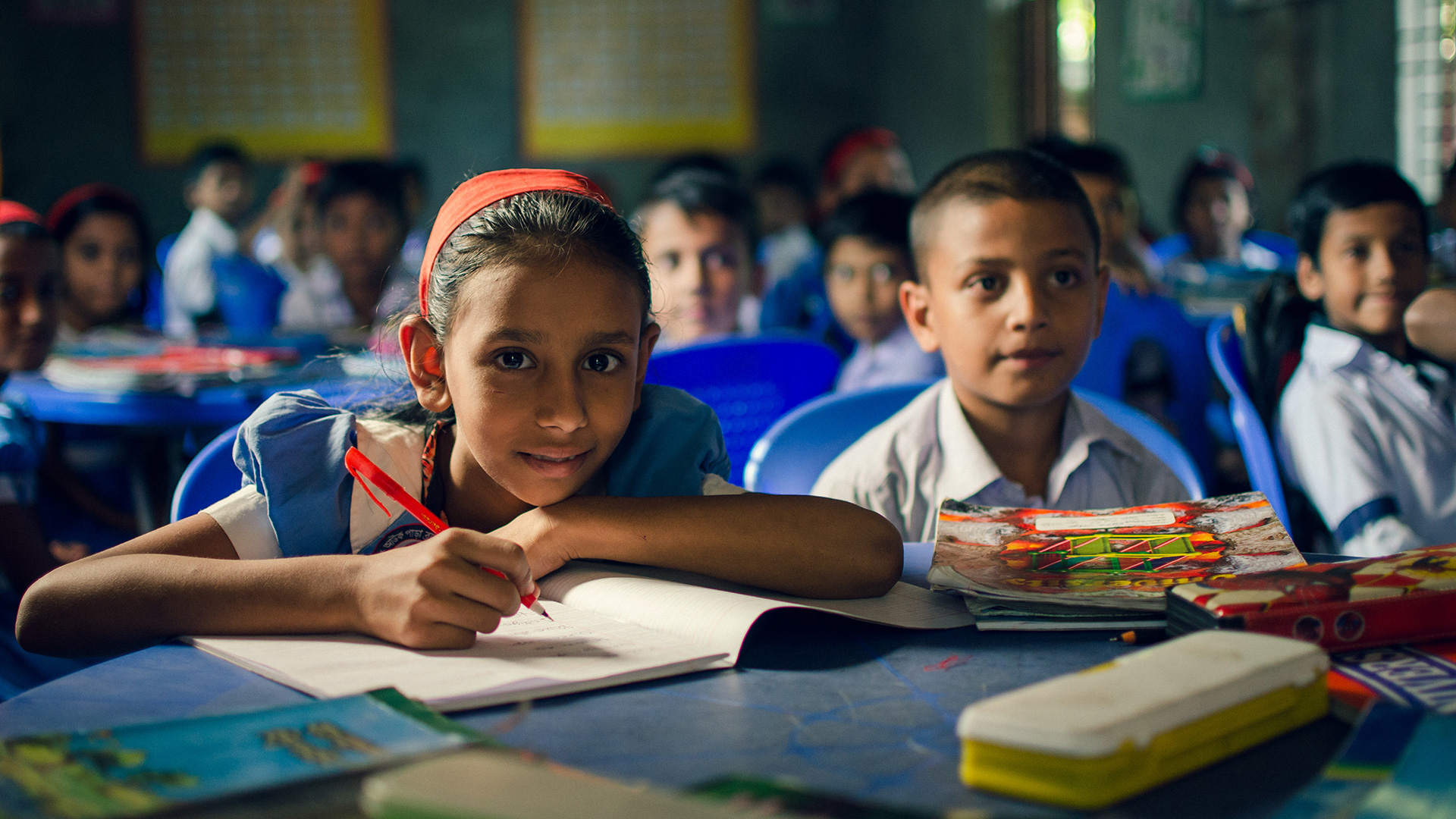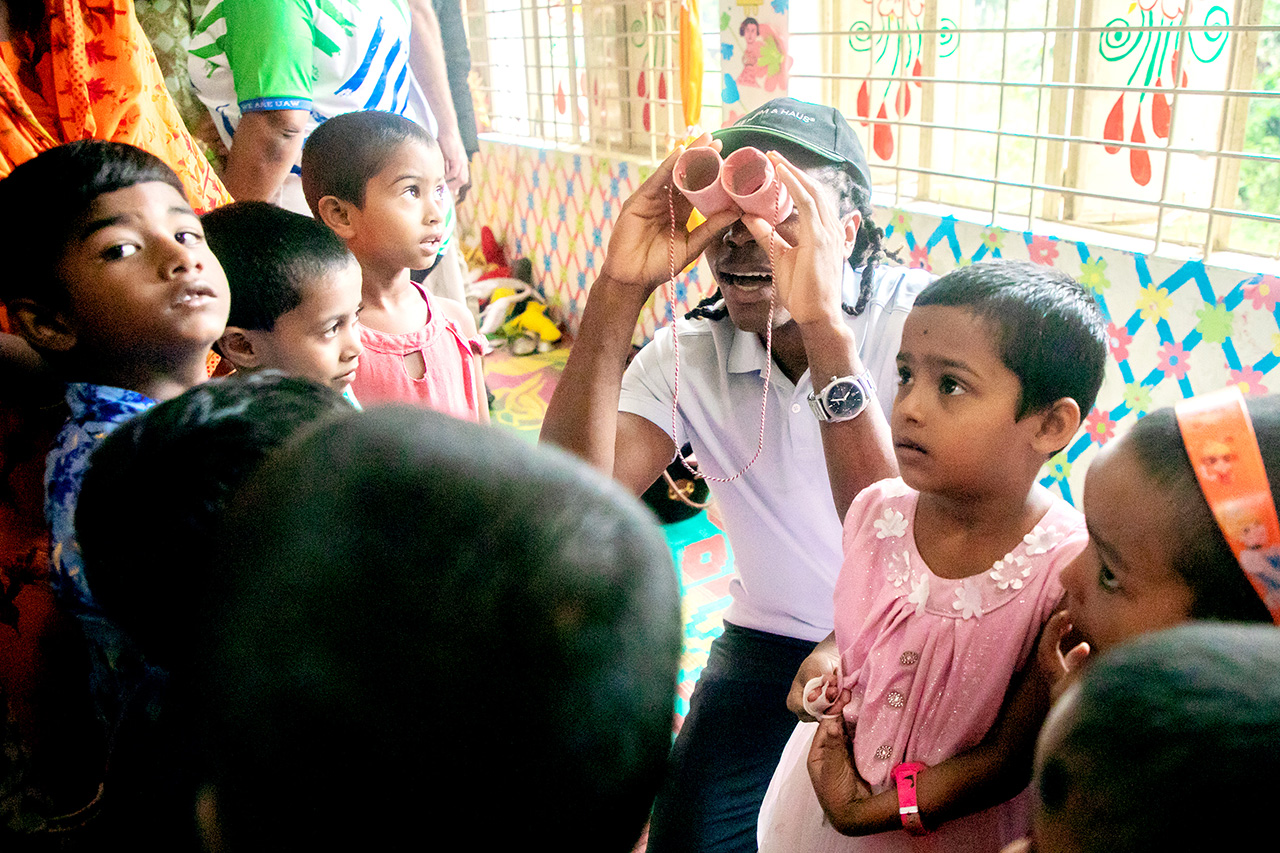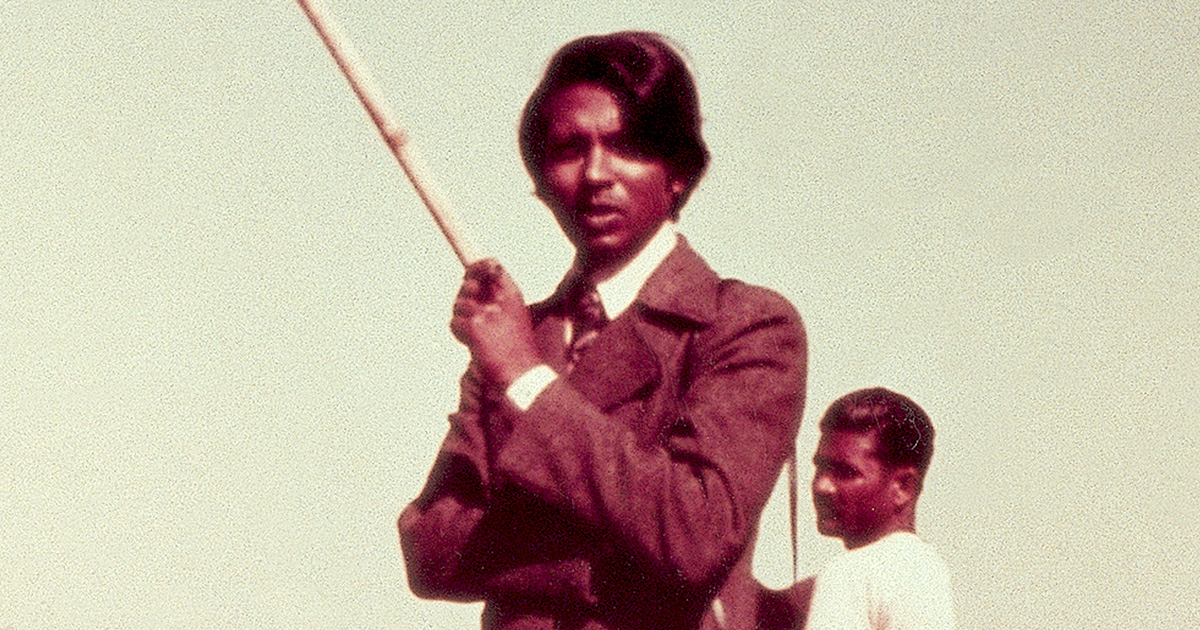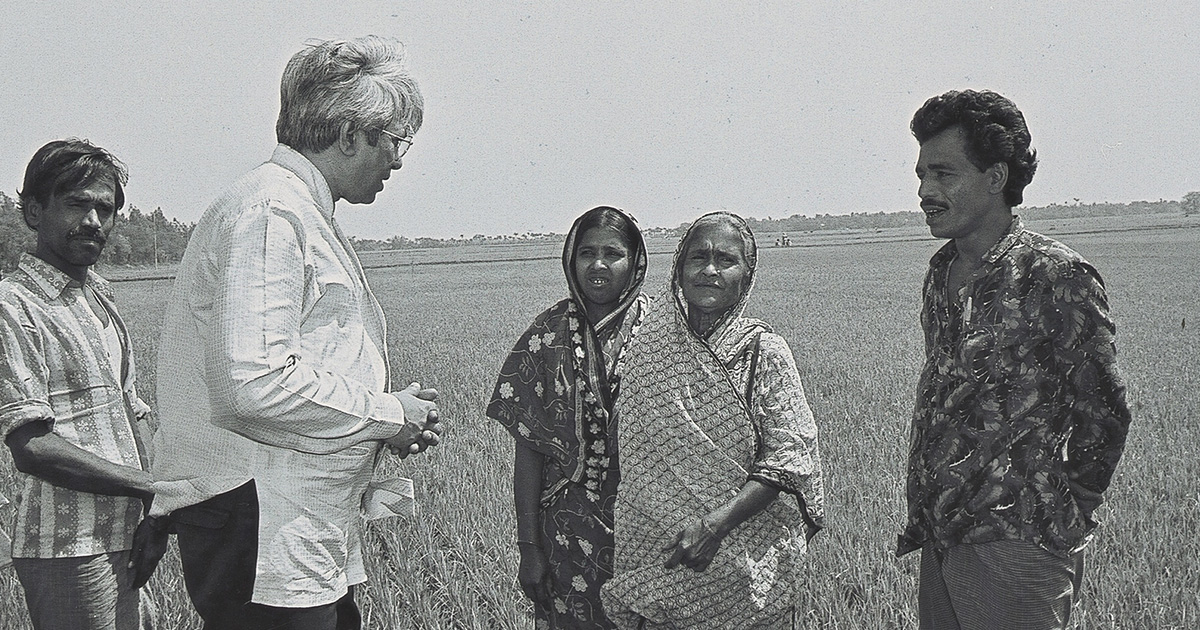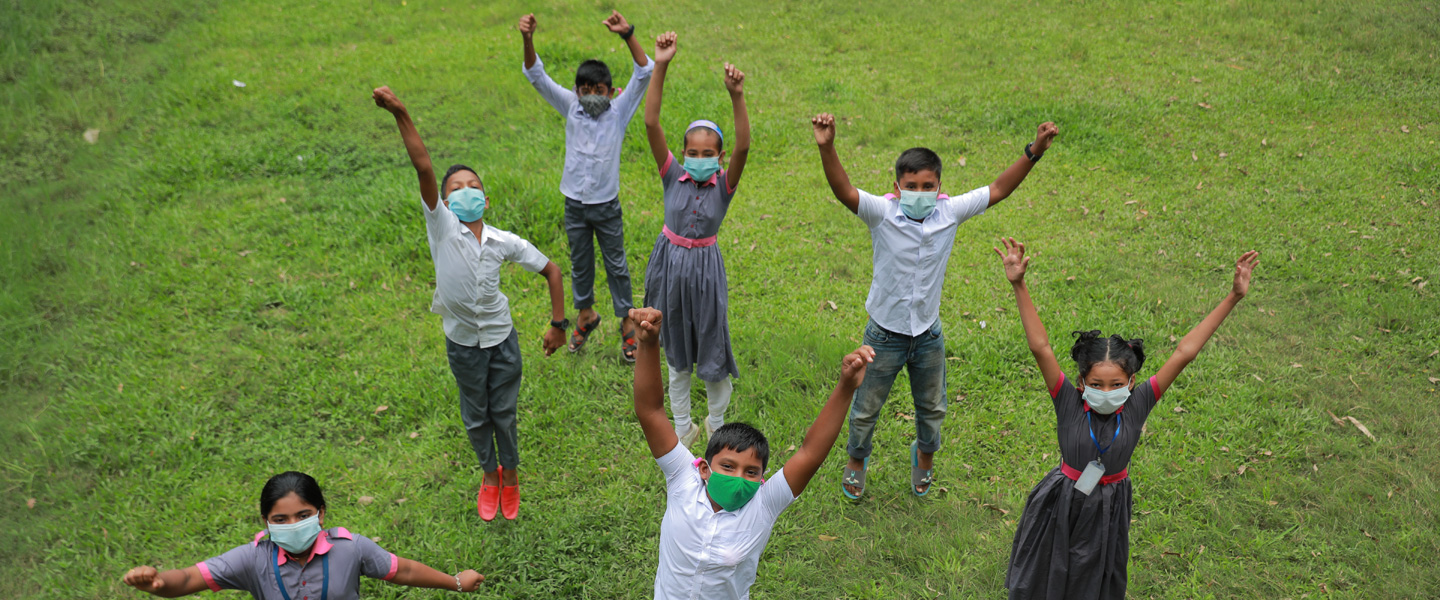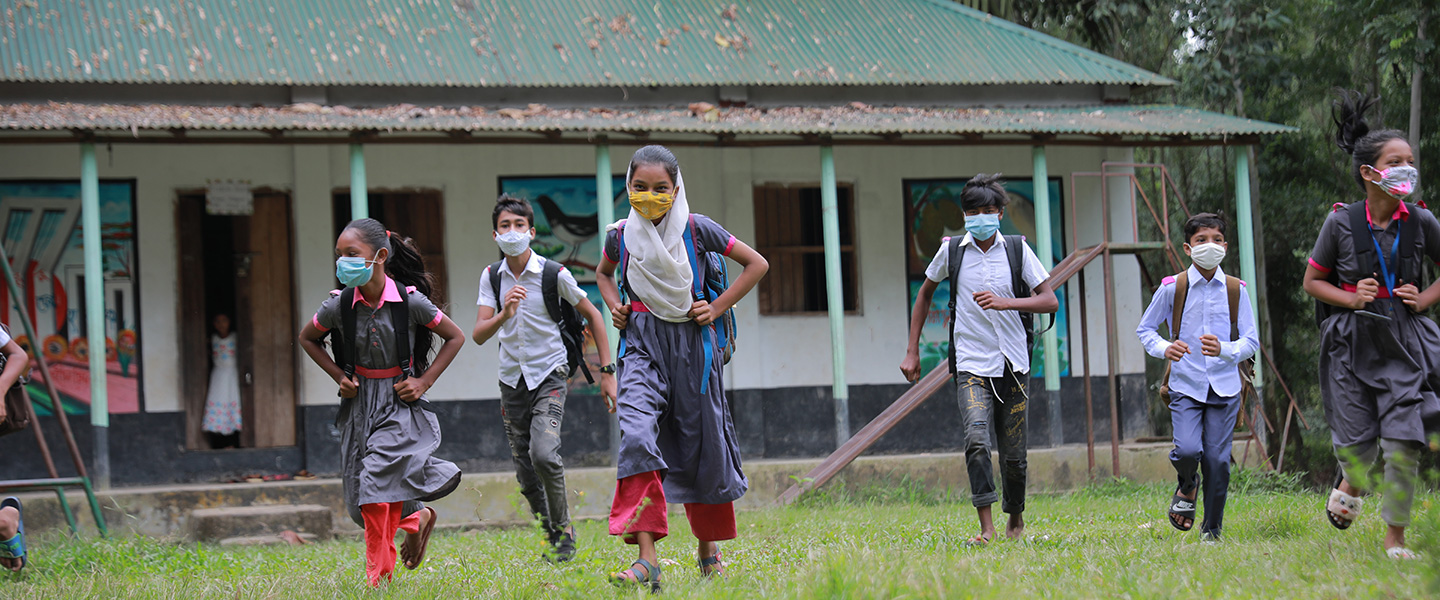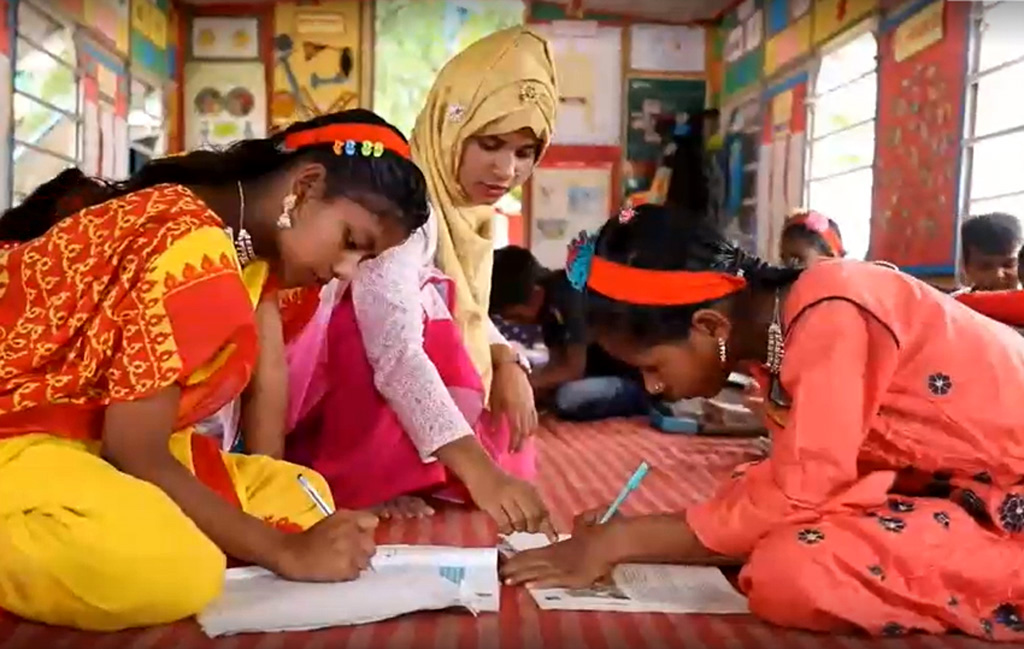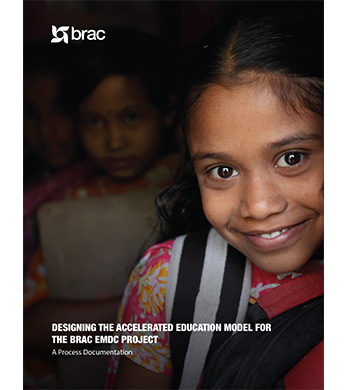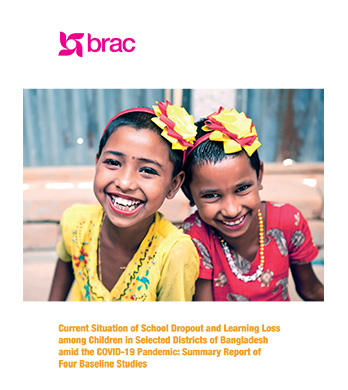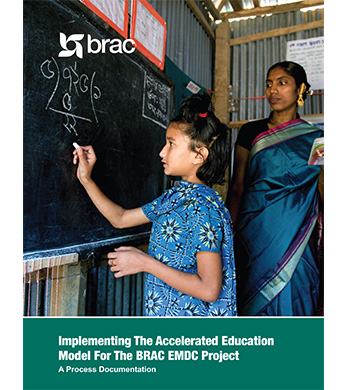Quality of education is now the highest priority in preparing children for the 21st century.
Only one-third of the world has achieved the goal of education for all, with only half of the countries attaining universal primary enrolment. Globally, children from the poorest households are five times more likely to be out of school than those from the wealthiest.
Our low-cost, quality scalable schooling model has made us the world’s largest provider of private secular education. We follow a holistic approach to lifelong learning, addressing educational needs from early childhood to higher academic levels. We partner with governments to support their efforts in reaching the unreached and creating nationwide systemic change.
IMPACT
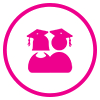
14 million
children have graduated from our award-winning schools in Bangladesh, and our learning models have been adopted by governments worldwide.

3 million
students and people across Bangladesh engage in reading, socialising and learning through our schools, adolescent clubs and multi-purpose learning centres.

55%
of the people attending our schools, clubs and centres are girls and women.
WHAT WE DO
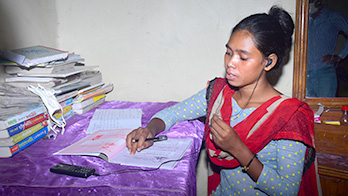
Home school
Classes at home delivered through feature phones in response to COVID-19.
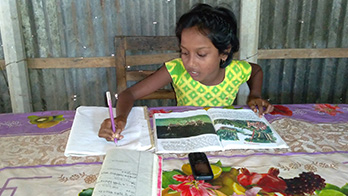
Radio school
Learning through community radio to support pre-primary students through COVID-19.
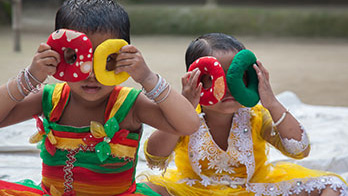
Early childhood development centres
Promoting the importance of learning through play.
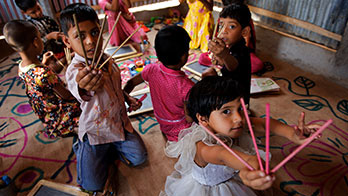
Pre-primary schools
Enabling smooth transition into mainstream primary schools and increasing student retention rates.
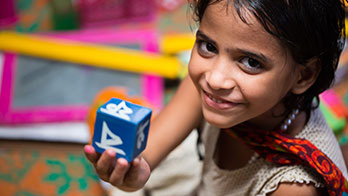
Primary schools
Low-cost schooling solutions and quality education for all.
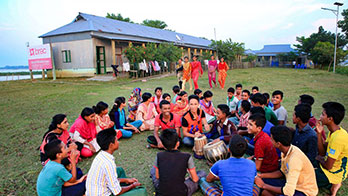
Secondary schools
Values-based education through trained teachers and interactive digital content, with a focus on guiding students to become responsible citizens.
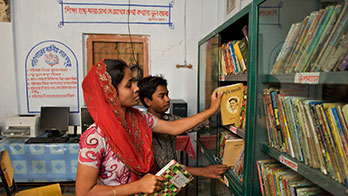
Community learning centres
Promoting lifelong learning, providing access to educational opportunities and exposing members to new skills and sports.
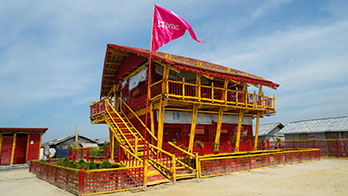
Education in emergencies
Supporting the government’s efforts as the largest provider of education in the Rohingya camps of Cox’s Bazar, Bangladesh.
HOW WE DO IT
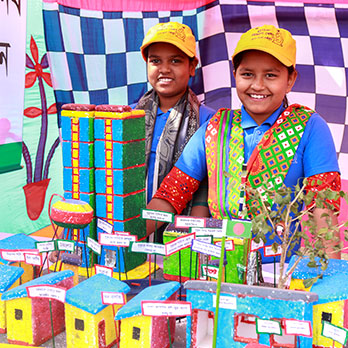
Independent thinking
Students learn an enterprising mindset and how to think for themselves.
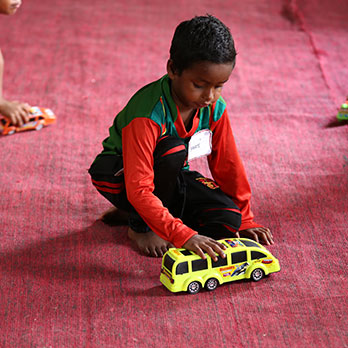
Learning beyond textbooks
Co-curricular activities that help develop cognitive and social skills.
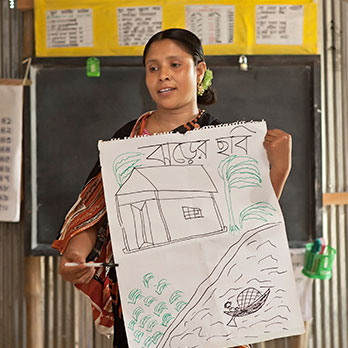
Wider support for education
Teacher training, community centres, mobile libraries and interactive digital content.
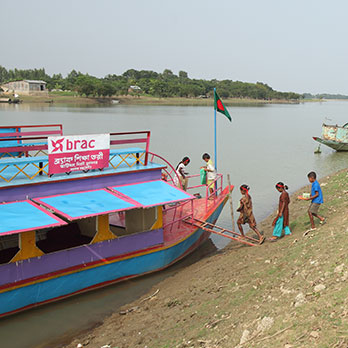
Floating schools in remote areas
Bring classrooms to children in hard-to-reach areas in Bangladesh and Philippines.
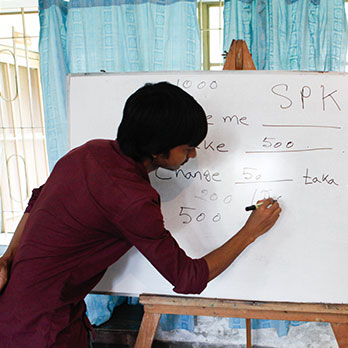
Safe spaces
Enable young people to socialise, learn valuable life skills and access finance.
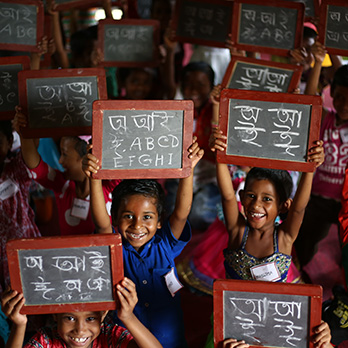
Quality, curriculum and material development
Values education, climate change education and comprehensive assessments for students and teachers.

ICT in education
Developed interactive multimedia digital content for 21 primary textbooks in partnership with the ICT division of Government of Bangladesh.

Inclusiveness
Adapting curriculums and learning methods to ensure education is accessible to all, including children living with disabilities, and children of indigenous communities.
WHY IT WORKS
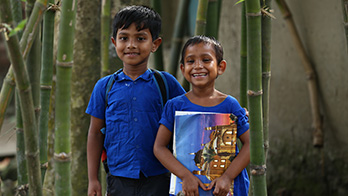
Equal opportunities
Classrooms with 50% female students ensure an enabling environment for gender equality and social transformation.
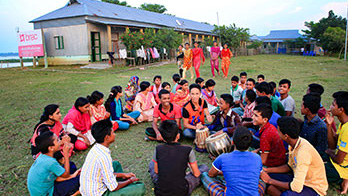
Community-centered schools
Centrally-located schools with flexible timings that become part of the community.
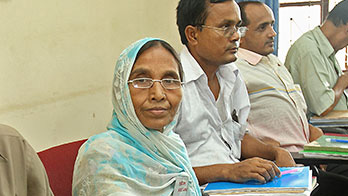
Exemplary educators
Trained teachers from within the community.
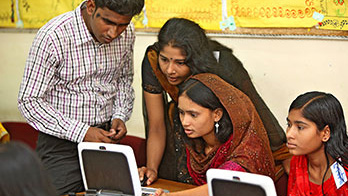
Peer mentoring
Proactive and academically-advanced students trained as mentors provide free after-school support to other students.
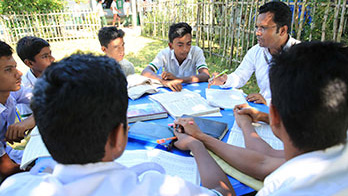
Monitoring from start to finish
Track all graduates, no matter when they enter the system, until they complete secondary school.

